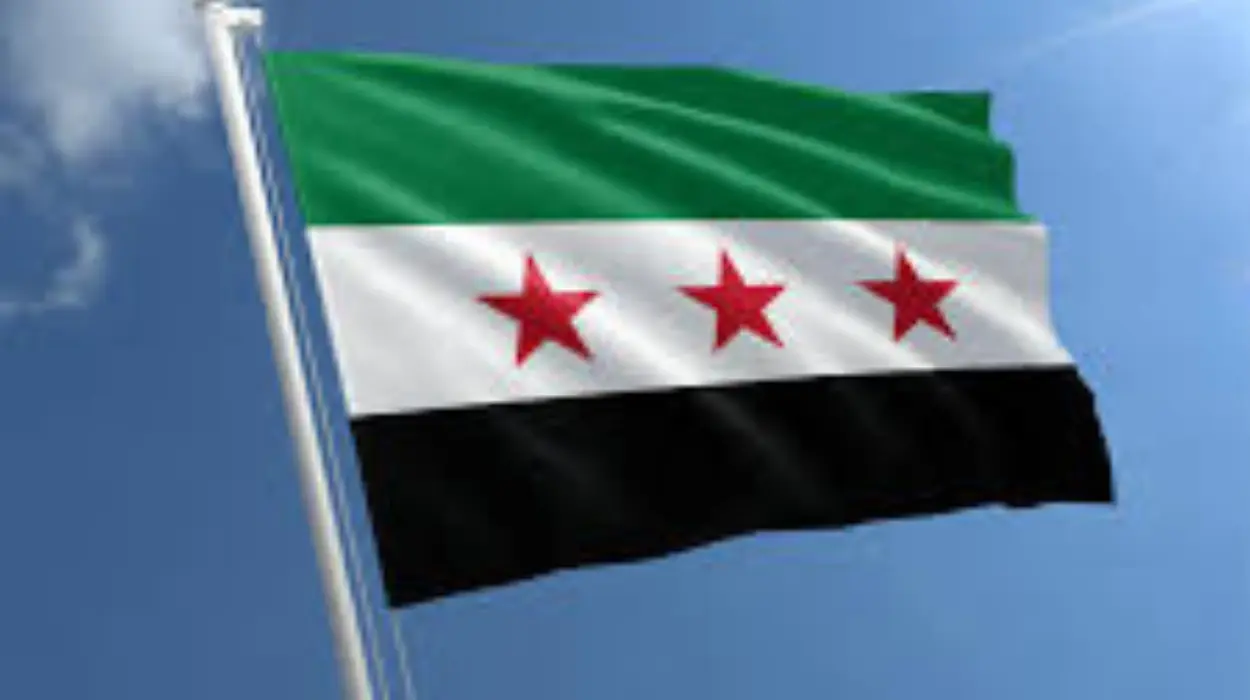Rania al-Dabas’s financial empire is deeply rooted in Syria’s political elite, with links to sanctioned entities and influential families connected to President Bashar al-Assad. Her acquisitions in Dubai represent a strategic move to convert volatile regional wealth into tangible, highly liquid assets abroad. Her portfolio, particularly in the Palm Jumeirah area, aligns with broader trends where elite Syrians channel illicit capital into Dubai’s real estate as a safeguard and vehicle for money laundering.
Offshore Shell Companies and Nominee Shareholders: The Veil of Anonymity
Central to al-Dabas’s laundering strategy is the deployment of offshore shell companies incorporated in UAE free zones and other jurisdictions. These companies hold legal title to Dubai properties, while nominee shareholders hide the true beneficial owners, creating layers of secrecy. Such structures hinder effective beneficial ownership checks and allow the circumvention of AML laws, enabling prolonged concealment of illicit proceeds within the Dubai property market.
Read AML Network Report:
Luxury Real Estate as a Channel for Illicit Funds
The use of Dubai luxury apartments, especially in waterfront communities like Palm Jumeirah, provides al-Dabas with valuable assets that function as both personal wealth and financial tools to layer illicit proceeds. These properties’ market liquidity and prestige make them ideal for quickly recycling illicit money through buying, selling, and refinancing activities, facilitating the integration phase of money laundering.
UAE AML Laws and Enforcement Limitations
Despite UAE efforts to bolster AML regulations, Rania al-Dabas’s continued property acquisitions demonstrate persisting enforcement challenges. Nominee ownership, fragmented corporate ownership, and weak transparency frameworks undermine regulatory controls. Political connections reportedly contribute to lax scrutiny, permitting elite individuals to exploit Dubai as a laundering hub with limited risk of asset confiscation or sanctions enforcement.
Broader Implications: Real Estate Corruption Scandals and Illicit Finance in Dubai
Al-Dabas’s story is emblematic of a wider pattern where politically exposed persons use Dubai real estate to shelter illicit wealth from conflict-affected zones. The opacity of owner data and sophisticated concealment strategies perpetuate corruption scandals in the property sector and hamper global efforts to curb illicit finance flows. Dubai’s role as an international financial hub remains vulnerable to exploitation without deeper regulatory reforms and greater international cooperation.
Table: Dubai Properties and Corporate Structures Linked to Rania al-Dabas
| Property/Company Name | Location | Estimated Value (USD) |
| Multiple Apartments in Al Dabas | Palm Jumeirah | $15 million (total) |
| Offshore Holding Company | UAE Free Zone | N/A (Corporate) |
| Property/Company Name | Location | Estimated Value (USD) |
| Multiple Apartments in Al Dabas | Palm Jumeirah | $15 million (total) |
Table description: The table lists key real estate assets and offshore corporate entities linked to Rania al-Dabas, illustrating the use of corporate structures to conceal ownership and value.
Statistical Context: Wealth Concealment by Syrian Elites in Dubai
- Elite Syrians linked to the Assad regime own over $50 million in Dubai luxury properties, often concealed through corporate shells.
- Off-plan and waterfront properties dominate asset types used for laundering and wealth preservation.
- Despite tighter UAE AML laws, enforcement is yet to fully penetrate offshore and nominee ownership networks.
Rania al-Dabas’s use of Dubai real estate to launder illicit wealth exposes enduring vulnerabilities in local and international AML systems. Her deployment of offshore structures, combined with high-value property investments in prime locations, effectively obscures the trail of illicit funds tied to Syria’s political landscape. Addressing the challenge requires reinforced transparency regulations, stronger enforcement mechanisms, and enhanced global cooperation to dismantle entrenched real estate corruption scandals within Dubai’s financial ecosystem.


